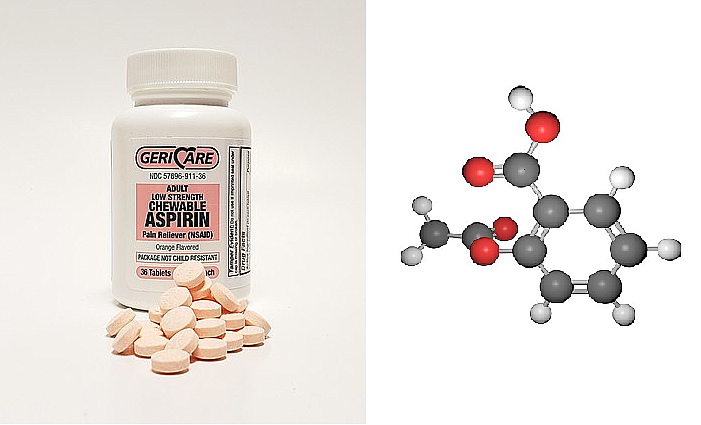Older Adults Should Not Start a Routine of Daily Aspirin
May 1, 2022 at 12:55 p.m.
Daily low-dose aspirin has been recommended for years as a preventive measure, but the Task Force no longer recommends this approach for most healthy people.
People 60 or older should not start a daily aspirin regimen as a preventative measure. "What we found is that compared to older studies, aspirin appears to have less benefit from cardiovascular disease," Dr. John Wong, a physician at Tufts Medical Center and a member of the task force, told NPR in November. "And there's an increasing risk of bleeding as people age," he says.
People ages 40 to 59 who are at higher risk for cardiovascular disease (CVD) but have not had a heart attack or stroke may have a “small net benefit” when weighing the risks and benefits. The decision should be reviewed with your doctor and depends on your age and cardiovascular risk.
These guidelines do not apply to people who have already had a heart attack or stroke, and they are not directed toward individuals who are currently taking daily aspirin. Although, the recommendations state that patients should consider stopping this practice of daily aspirin by age 75 because of the increased risk of bleeding.
“Aspirin’s benefit has become marginal because we have these other therapies that reduce the risk of heart attacks or strokes, but the bleeding risk associated with aspirin therapy has persisted,” said Dr. Salim Virani of Baylor College of Medicine in an interview with NPR.
Dr. Demilade Adedinsewo, a cardiologist at the Mayo Clinic advises: “This information should just basically make you have a conversation with your physician. This is not an all-blanket recommendation that everyone on aspirin should stop their aspirin.”





